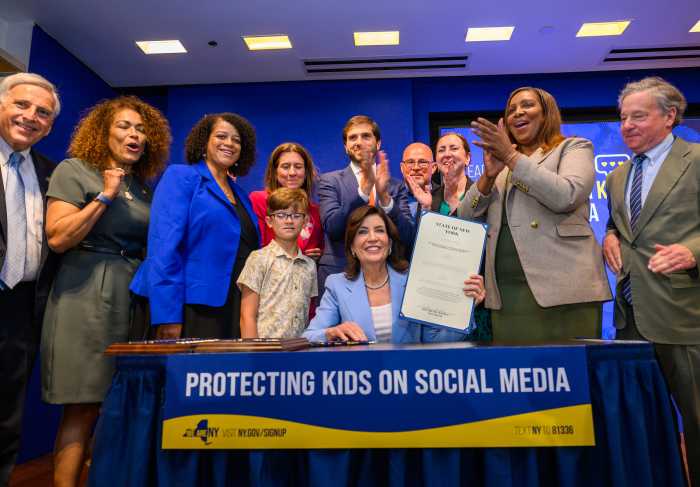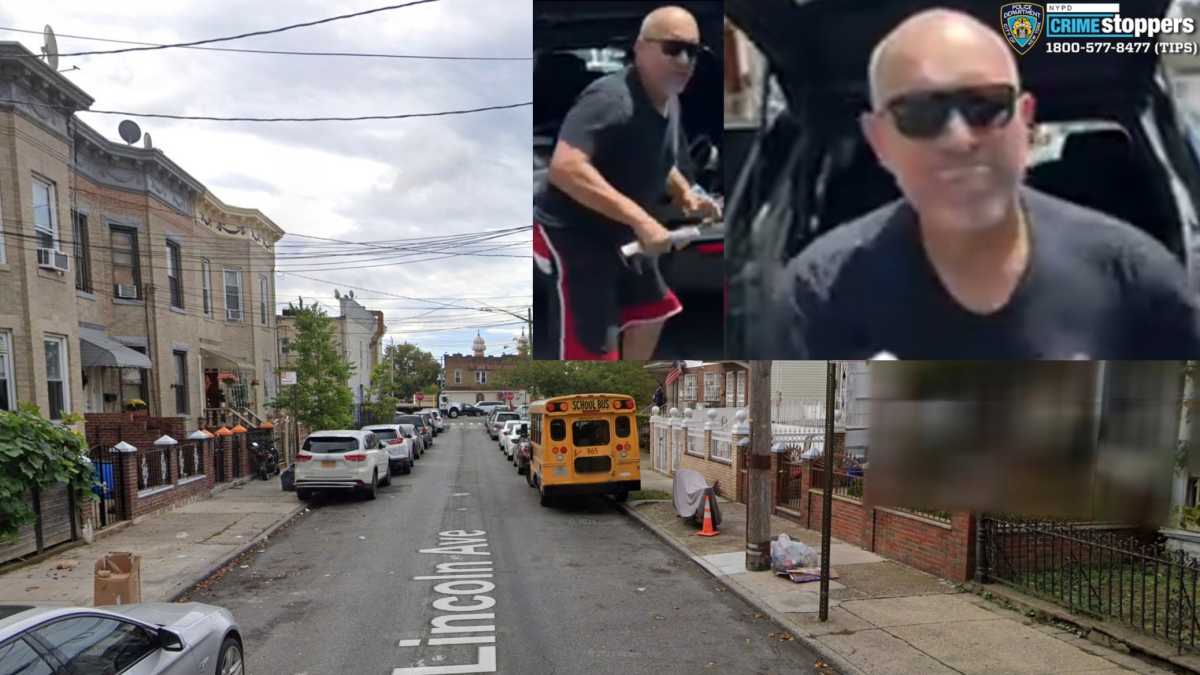Last weekend, my 14-year-old daughter was at a party in the neighborhood. She diligently texted me when she left with a group of friends to hang on the Promenade. Understanding that “hanging” could include just about any behavior from the benign to the horrifically unacceptable, I was tempted to take the dog for a walk at that very moment and “accidentally” run into the kids. I wanted to spy on her.
While I can list a number of reasons to check on my girl — knowing she’s safe, shielding her from danger, protecting her from bad decisions — the big, unspoken one is simply to know what’s going on in her life.
Let’s face it, teenagers have secret lives that are invitation-only, and parents are generally not on the list. There are moments when this drives me crazy. I know my older daughter, at sixteen, has classmates who smoke cigarettes, get high, and have sex. She never names names. I feel those details would help me gauge her risks, and evaluate situations she puts herself into, like which parties she goes to and whose house she hangs at. But it would take CIA interrogation training before I would have a chance of getting that information out of her.
Of course, there are ways. I could track my daughters with services from our cell phone company. I could make efforts to monitor their Facebook pages. I could even do some old fashioned snooping. And I would if I thought they were truly hurting themselves or planning to harm others. But short of those fears, I would feel awful if I covertly intruded into their lives. And in the end, my efforts would still fail. My girls will always have secret thoughts and private interactions. I can’t just follow them around.
Mostly, they’re doing the normal teenage stuff — couple things, texting with friends when they should be sleeping, planning to watch R-rated movies at someone’s house — all the stuff that I often group under the heading, “drama.” From my adult perspective, I see much teen angst as unnecessarily painful, and I would love to save my children from that. But I know I can’t; it’s a part of their lives, and I may not even know about many of the wounds and injuries, the crushes and rejections they face. Nor should I.
Call it what you will: testing limits, experimentation, rebelling. These are the things filling my parental nightmares but, also, these are the things enabling my teenagers to form their own emotional lives. When they leave home, I don’t want kids that call me constantly with the intimate details of their lives or text me for help picking a brand of toothpaste. Of course I don’t want them to disappear either. I want them to have friendships and loves, their own people that support and fulfill them. Right now, in adolescence, is where that starts.
These teenage years are a time of transition for my whole family and change is exciting but hard. It’s not all bliss watching them pull away and turn to friends for advice and support when I’m sure I have better answers. While I may still know where they are and who they’re with, I’m excluded more and more from their emotional lives.
I did walk the dog last weekend, while my daughter and her friends were on the Promenade. Despite my desires, I went a different direction.

























